
ASYLUM
Uncle Waffles
The viral amapiano phenomenon Uncle Waffles has dropped her debut album Asylum. Following her 2022 EP Red Dragon, this debut is showing listeners that Uncle Waffles is here to stay. A few years ago, Uncle Waffles manifested destiny in the viral snippet that launched her into global fame. “So Adiwele, Adiwele” can be heard in the short 30-second clip showcasing her DJing skills : “let it fall into place, let it be”. That’s all then 21-year-old Lungelihle Zwane had to do. Leaving her native Swaziland to perform a free 30-minute set in South Africa, she posted a random video from her gig on her social media, and Mzansi did the rest. And soon enough, the whole world caught on. Since she has been touring the world as a role model for women in amapiano in fashion and sound. On ASYLUM we hear the heavier, club side of amapiano, kicking in on “Yahyuppiyah”, feeling boogie on “Morrocco” and getting in a repetitive vibe on “Babiee”. With many Tony Duardo features, and some put-ons for up-and-comers like Shakes, Scumie, Jelly Babie or Les it’s also a strong showing of Uncle Waffels’ ability to pilot an album without any of the normal big-head features. A project to play all the way through, whether chilling in the house or preparing your next late-night playlist.
Listen here.
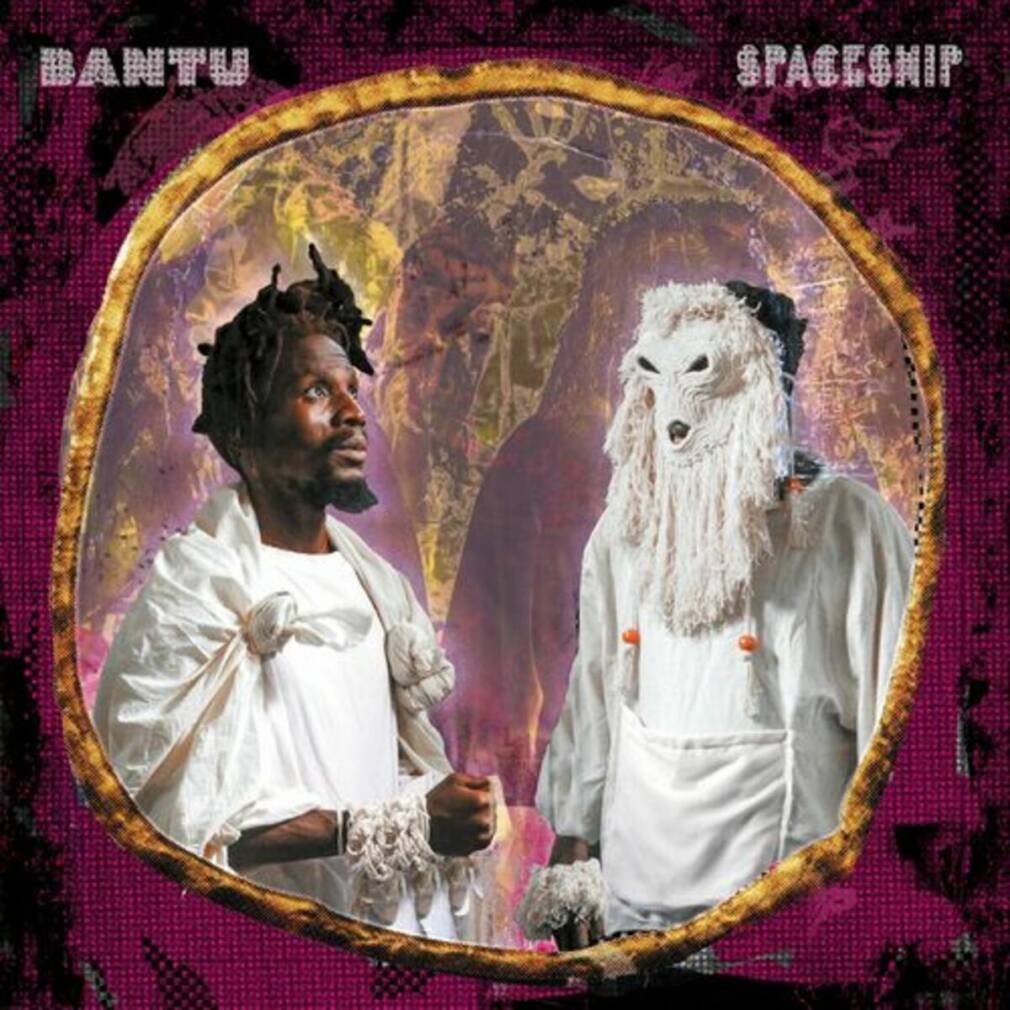
Bantu Spaceship
Bantu Spaceship
The duo Bantu Spaceship reveal their debut album at the crossroads of traditional and contemporary Zimbabwean music. Bantu Spaceship is part of this young generation of artists inspired by a new creative explosion in Zimbabwe, translating their golden age into a hybrid style they call “New Jit Wave”. Inspired by Sungura, which blends pop with indigenous instruments; Chimurenga, a resistance music and electrified version of the Shona people’s sound; and Jit-jive, an uptempo music that originated in Harare’s music scene and emphasizes guitar/drums dialogue. On their first album released by Parisian label Nyami Nyami, the duo pays tribute to these past rhythms by injecting them with synth-wave, hip-hop and disco flavors. Ulenni Okandlovu’s poetic Ndebele songs shine on Joshua Madalitso Chiundiza’s electronic productions. Together, the two members of this visionary crew let this album emanate a sweet perfume of Afrofuturism.
Listen here.
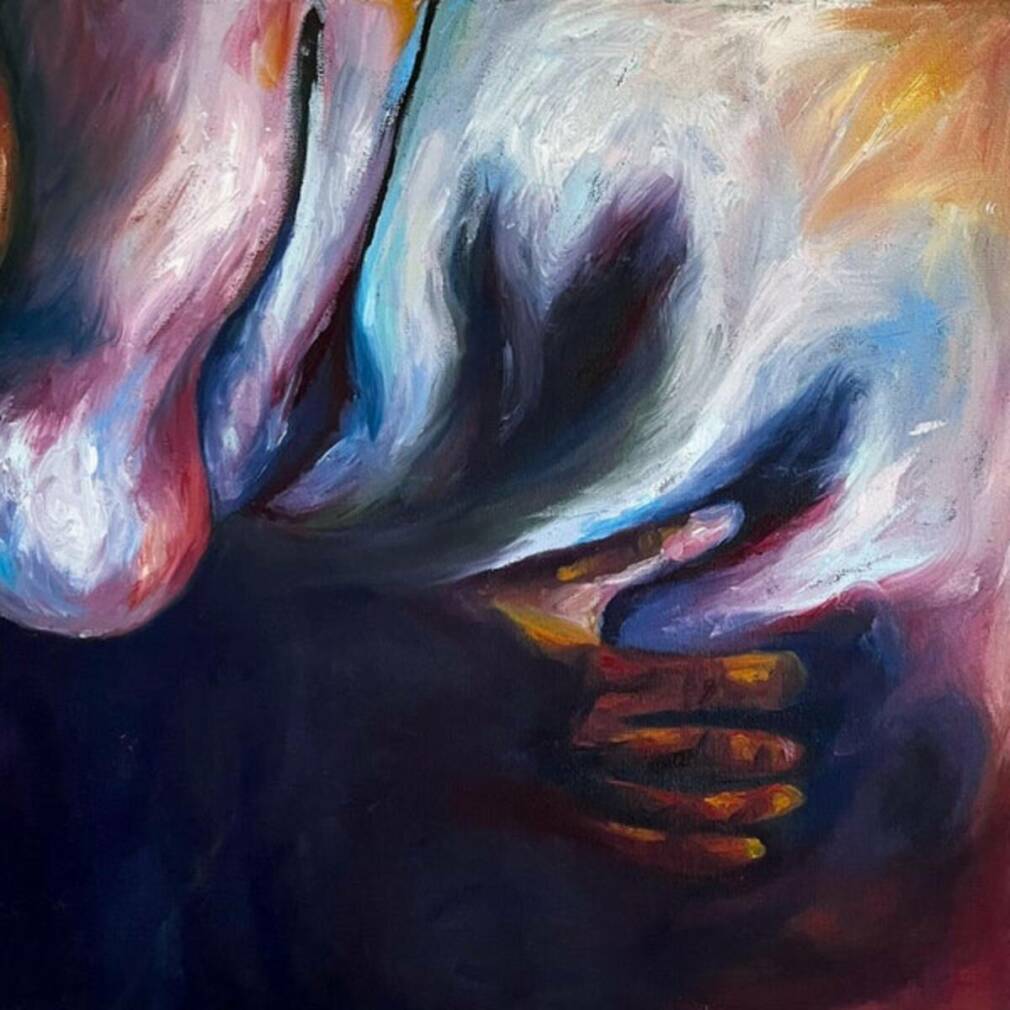
Feeling Body
Nyokabi Kariũki
Feeling Body is a truly touching and beautiful collection of field recordings of bodies of water, instrumental improvisation, and emotional expressions of intense pain and confusion by Kenyan ambient act Nyokabi Kariũki. The opus recounts the fear, the suffering, the loneliness, the reconciliation with her body, and her healing journey after a year of suffering from long Covid. “In this record, I contend with this time that I became so aware of the body, and noting that even after, there’s a trauma of illness that remains within you, both in the physical places that it existed; and in the mind. However, in the first track, I foretell that I do get better, and in the final track, I confirm it. The music is not only about the pain and the weight accompanied with being sick; but it is about the appreciation of the body, and how it understands hope and patience before we ourselves believe it.”
Listen here.
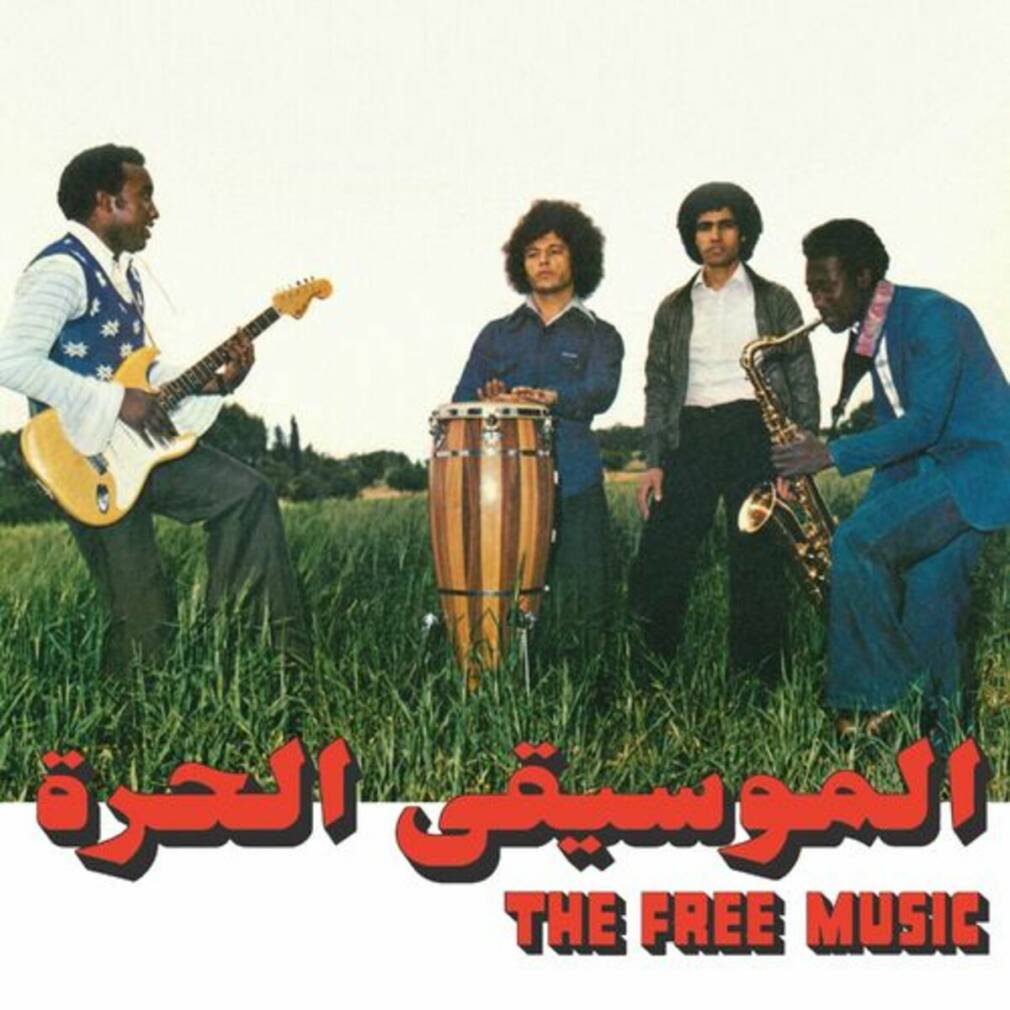
Free Music
Najib Alhoush
Habibi Funk delivers a full compilation of Libyan groove singer Najib Alhoush and his group “The Free Music”. Known from previous Habibi Funk released like “Ya Aen Daly” and a Bee Gee’s “Stayin Alive” cover, this Part 1 includes 9 original tracks like the hyper-catchy and super-groove “Hawelt Nensa Ghalaak”. With a catalog of over 10 albums switching between soul, funk, disco and reggae, The Free Music has an impressive selection of infectious grooves to choose from. While Najib didn’t make many waves outside the borders of Libya during his time, in part due to the complex political situation, Najib and The Free Music are now making their rounds digitally to spread the gospel of groovy synths and thumping bass.
Listen here.

London Brew
London Brew
Channeling the spirit of Miles Davis, Shabaka Hutchings, Nubya Garcia, Theon Cross, Dave Okumu, Tom Skinner and others come together on a new record, produced with the same improvisational fervor as the original in 1970. It was the week after Woodstock when Miles called his musicians to the studio to record Bitches Brew. Assembled at Columbia’s Studio B were some of Miles’ regular sidemen including saxophonist Wayne Shorter, pianist Chick Corea, bassist Dave Holland, and drummer Jack DeJohnette. Others got the call at late notice, but all arrived with no knowledge of what was to be recorded and no music on paper. Fast forward to London 2020 – the year of the 50th-anniversary celebration of Miles’ masterpiece, a lockdown rather than a hippy gathering provides the perfect backdrop to respond to both Miles’ record and all that 2020 had thrown at the attending musicians, with no instructions but the same eagerness to deliver great jazz.
Listen here.
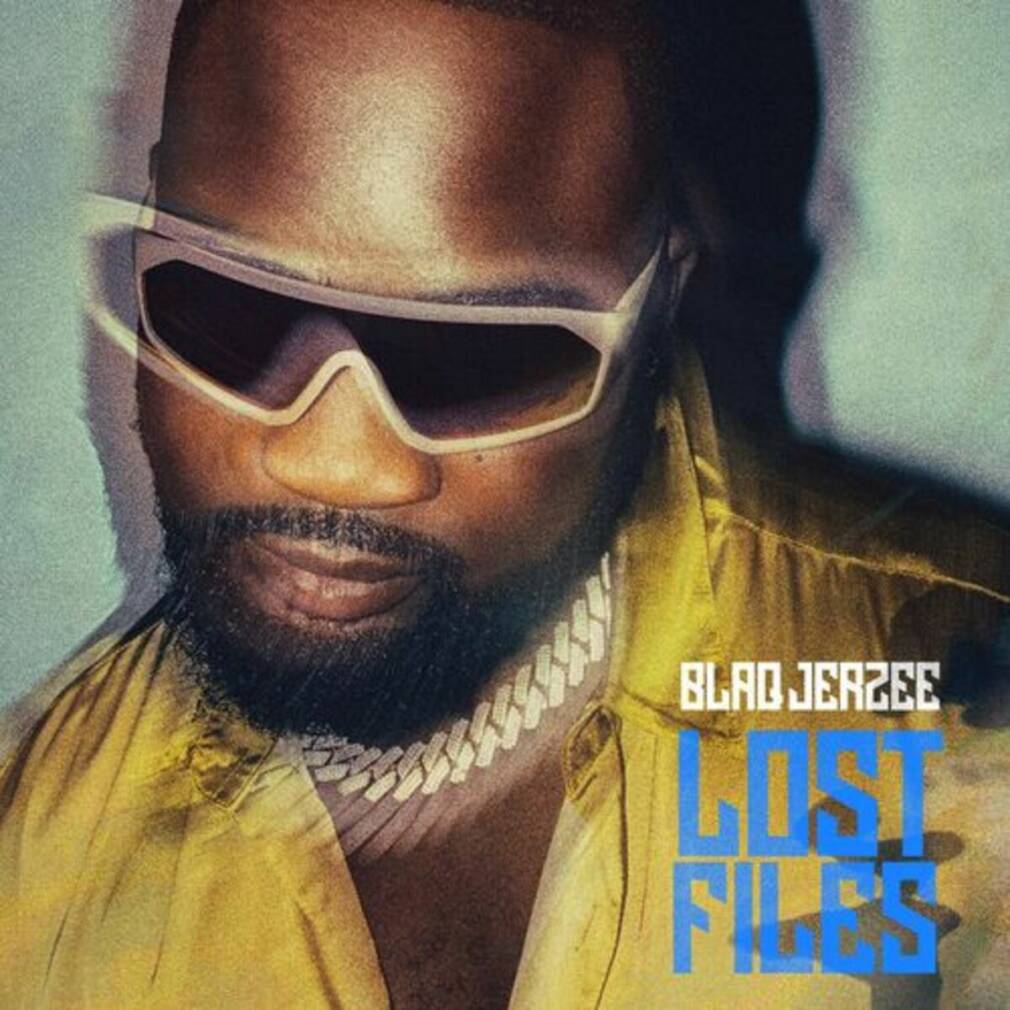
Lost Files
Blaq Jerzee
With such an impressive list of production credits on his resume – including songs on Wizkid’s Made In Lagos, Tiwa Savage’s Celia and 2Baba’s Warriors – Blaq Jerzee has made enough rounds in the industry, and enough music for other artists. Now, like Don Jazzy, Pheelz, Tekno, Young Jonn or Phyno, Blaq Jerzee is part of the mega-producer-turned-singer wave happening on the Nigerian Afrobeats scene.But with a beatmaking pedigree of this caliber, the expectation for the producer’s own music was very high. Fortunately, Blaq Jerzee did not disappoint on Lost Files. The 16-track opus is a cohesive summer playlist, with Afrofusion tracks fit for beach days and Amapiano-infused hits made for club nights. Lost Files features 10 guests, including Tiwa Savage, 1Da Banton, Mr Eazi and Diamond Platnumz. But Blaq Jerzee also shines solo on his own production, like on the slow afrofusion “Talk About It”.
Listen here.
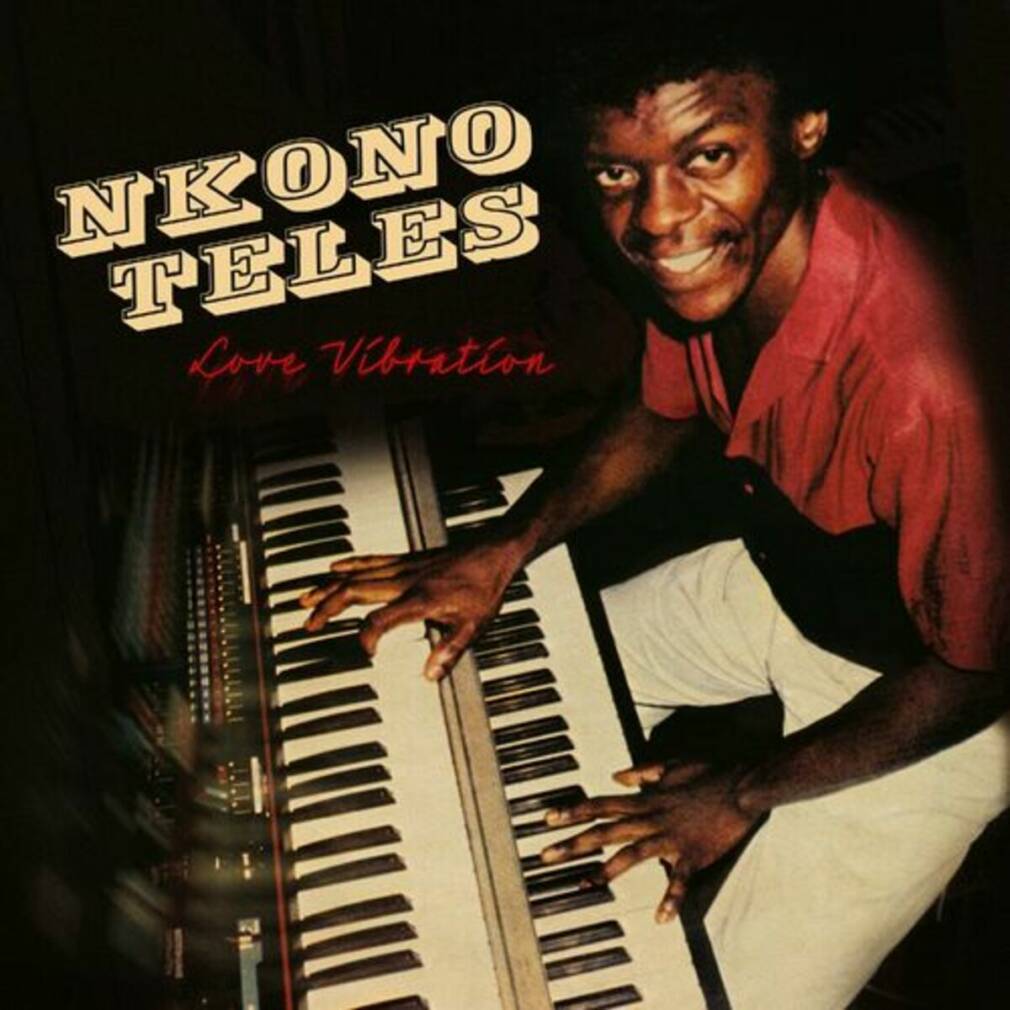
Love Vibration
Nkono Teles
Soundway releases a compilation of Cameroonian-born, Nigerian-based super producer Nkono Teles’ solo work. The pioneer of West African electronic music was known for being widely called upon for his skills by reportedly hundreds of musicians from King Sunny Adé, Guy Lobe, even Steve Monite’s album Only You. One of a small handful of pioneers of the Nigerian electronic music scene in the 1980s (alongside the likes of Jake Sollo & William Onyeabor), Nkono became known as the first person in Nigeria to push the use of the drum machine into popular music and created a unique and original boogie-funk sound combining these new beats with guitars and an array of new and affordable synthesizer sounds that started popping up at the time. After being introduced tot the sounds of funk by Nigerian artist Steve Black, Nkono put aside his Makossa style from Cameroon and soon became the hottest solicited producers, arrangers and musicians on the scene. “Everyone began taking their demos to Nkono and he would produce them,” said Steve. With only three solo albums to his name (Fiesta Dancin, Party Beats & Afro Music Party) this compilation completes the retrospective on the artist’s career. Sadly, Nkono Teles died in 2011 after returning home to his native Cameroon.
Listen here.
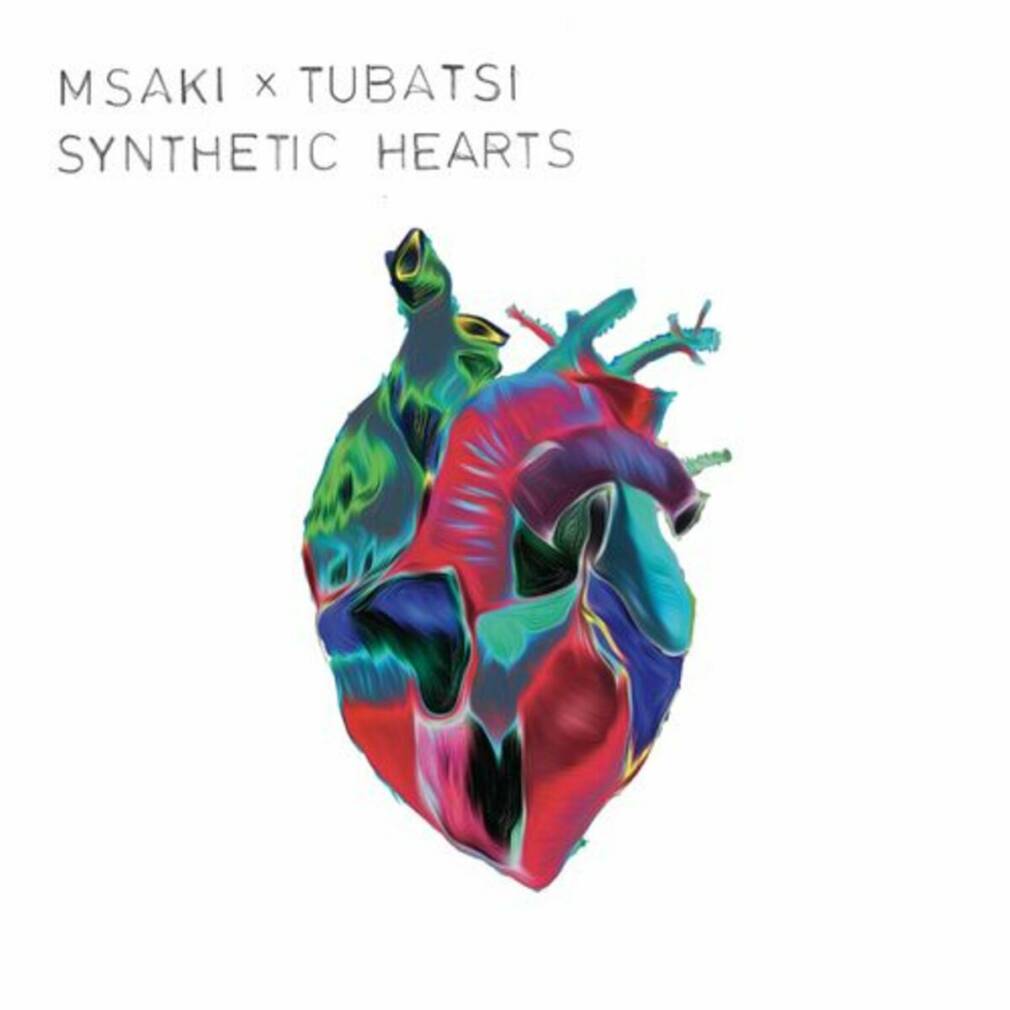
Synthetic Hearts
Msaki, Tsubatsi Mpho Moloi
Msaki, Tubatsi Mpho Moloi, and French cellist Clément Petit worked for one week in the cold and bright South African winter, sharing ideas of melodies, drafting lyrics, and, from time to time, having a few open-hearted conversations. The result? Synthetic Hearts, an experimental, playful, and minimalist 9-track album released via No Format. Using just their voices and minimal arrangements, the two artists sing soothingly about romantic torments and love declarations on the delicate notes of a cello, while the leaves turned golden and brown through the windows. “During the residency, Msaki and I were having conversations about human relationships, recalls Tubatsi. Conversations that one can have with an uncle, a niece, a parent… Conversations between two people welcoming each other into one space and trying to find a way to move and navigate around. I think this translated into the music.”
Listen here.
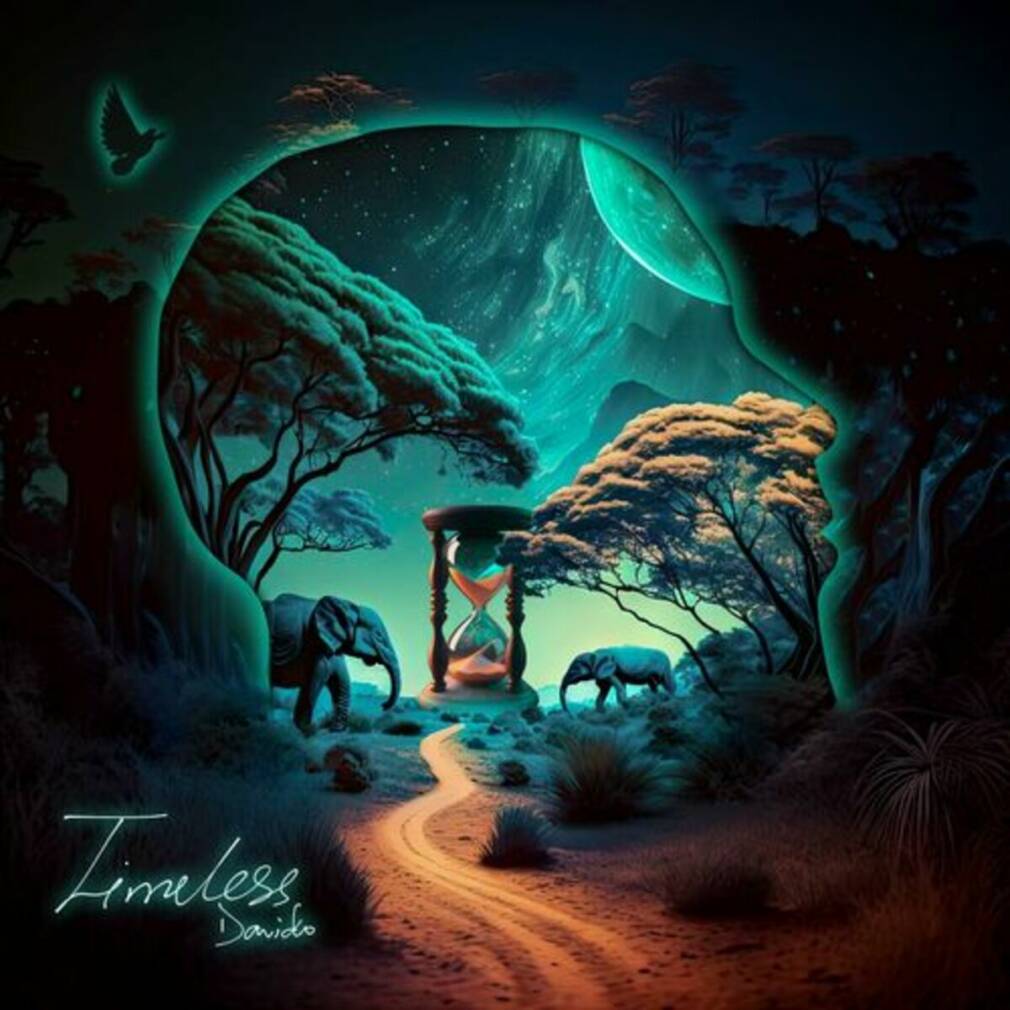
Timeless
Davido
Davido, who currently sits atop the throne of Afropop, decided to shoot for something timeless is his latest album. The 17 track project, while it is a snapshot of the moment, leaning into the amapiano trends of shakers and log-drums (plus some key features from Focalistic and Musa Keys) Davido manages to keep everything stuck together with his charisma and preference for soul over showmanship. The album opener “OVER DEM” is calm rather than orchestral, slipping effortlessly into the happy shakers on “FEEL” and so on and so forth. While some tracks like “KANTE” drift on the fringes of Afro-house, a clear standout is the more highlife oriented “NA MONEY” with none other than Angélique Kidjo and The Cavemen.. “NO COMPETITION” also seems like a return to the timeless roots of Afrobeats and Afropop, this time imbued with Asake’s unmistakable crowd vocal productions. It’s more Davido and it doesn’t disappoint. For such a long project there are no throw-aways, and so it stays true to its promise of preferring the essential, that which will last.
Listen here.
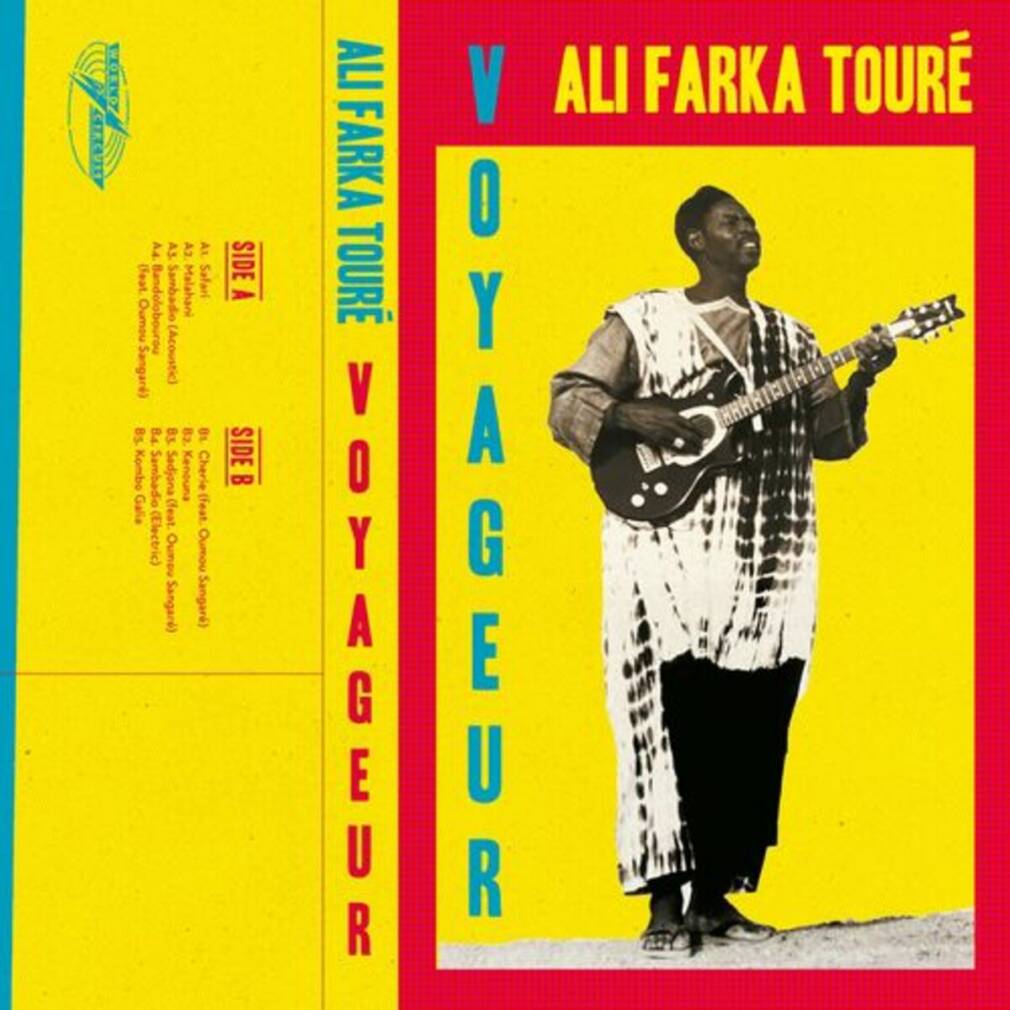
Voyageur
Ali Farka Touré
Nick Gold, World Circuit and Touré’s son unveil previously unreleased compositions by the great Ali Farka Touré in this posthumous album. In 2011, the Ali & Toumani opus, a duet with Bamako kora player Toumani Diabaté, won a Grammy. And seventeen years after the death of the great Malian master Ali Farka Touré, his label World Circuit delivers – sparingly – nine unheard tracks. Compiled in Voyageur, these compositions form a majestic set of Sahelian blues, worthy of the musical legacy left by one of the greatest names in African music. They compliment the impressive discography of Farka, an international icon of Malian wallahidu who, from his native Kanau village to Los Angeles, planted the seeds of world music on every continent.
Listen here.



